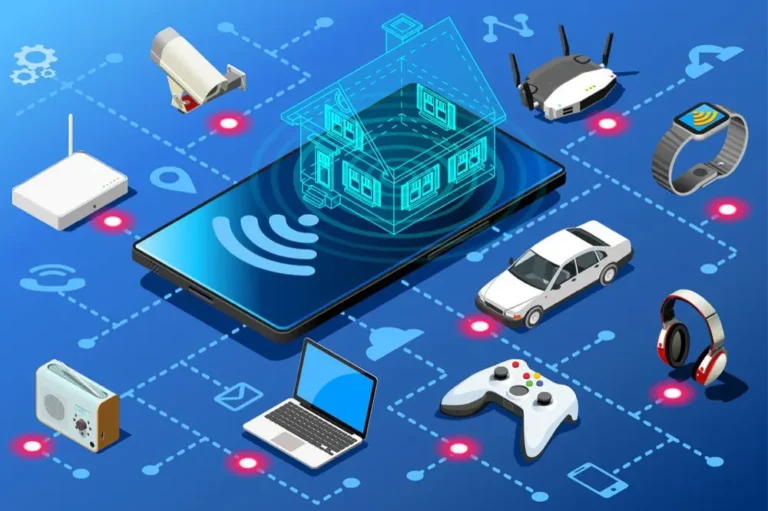The Future of Nanotechnology in Medicine
Nanotechnology in medicine is poised to transform healthcare significantly. Recent advancements in nanomaterials are enhancing drug delivery systems, ensuring targeted therapies that minimize side effects. Innovations in diagnostics are improving disease detection accuracy, paving the way for personalized treatment approaches. Furthermore, the integration of nanotechnology in regenerative medicine optimizes healing processes. These developments raise important questions about their implications for future medical practice and patient outcomes. What challenges and opportunities lie ahead in this evolving field?
Advancements in Nanomaterials
Advancements in nanomaterials have significantly transformed the landscape of medical applications, enhancing both diagnostic and therapeutic modalities.
Emerging nanomaterial applications, particularly in biosensor development, have facilitated rapid and accurate disease detection, allowing for timely interventions.
These innovations leverage the unique properties of nanomaterials, promoting sensitivity and specificity in biosensors, which are crucial for personalized medicine and improving patient outcomes in diverse healthcare settings.
Targeted Drug Delivery Systems
While traditional drug delivery methods often result in systemic exposure and unintended side effects, targeted drug delivery systems harness the precision of nanotechnology to enhance therapeutic efficacy.
These systems enable the development of personalized therapies, particularly in cancer treatments, by delivering drugs directly to targeted cells. This approach minimizes collateral damage to healthy tissues, improving patient outcomes and reducing adverse effects associated with conventional treatments.
Innovations in Diagnostics
The integration of nanotechnology into medical diagnostics represents a significant leap forward in disease detection and monitoring.
Innovations in biomarker discovery enable earlier identification of diseases, while advanced imaging techniques enhance visualization at the molecular level.
These developments facilitate more accurate diagnoses and personalized treatment approaches, ultimately empowering patients by providing greater understanding and control over their health conditions.
Regenerative Medicine and Nanotechnology
Regenerative medicine, a field focused on repairing or replacing damaged tissues and organs, increasingly incorporates nanotechnology to enhance therapeutic outcomes.
Nanoparticles facilitate targeted delivery of stem cells, promoting their integration and functionality within engineered tissues.
This synergy between tissue engineering and nanotechnology holds promise for improving healing processes, reducing rejection rates, and optimizing regenerative therapies, ultimately paving the way for advanced medical interventions.
Conclusion
In conclusion, the future of nanotechnology in medicine stands at the precipice of a new era, where the microscopic can yield monumental advancements. As research continues to unfold, the integration of nanomaterials into drug delivery, diagnostics, and regenerative medicine promises to reshape healthcare landscapes. This synergy not only enhances therapeutic outcomes but also heralds a transformative shift towards precision medicine, where individual patient needs are met with unprecedented accuracy and efficacy, ultimately fostering a healthier future for all.



